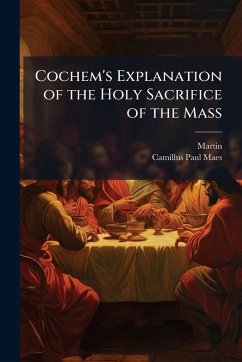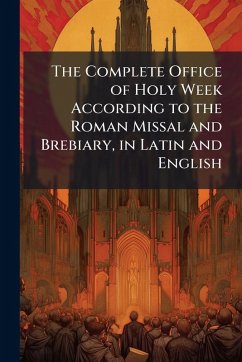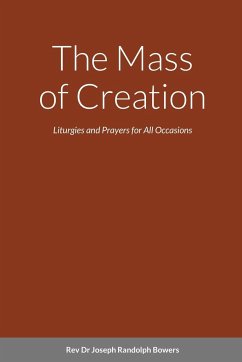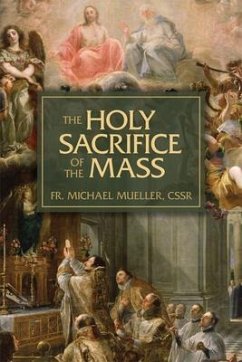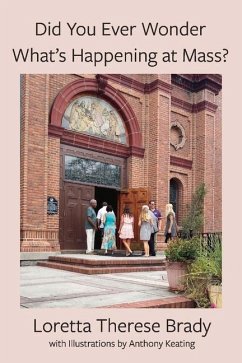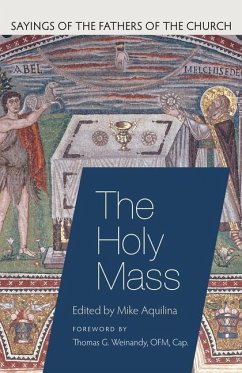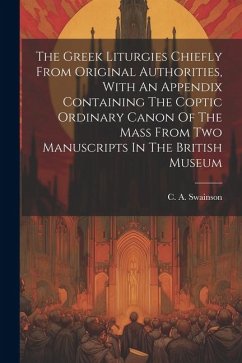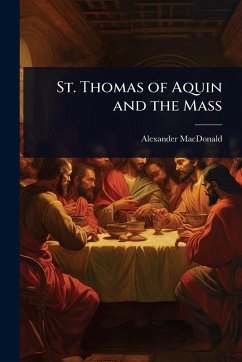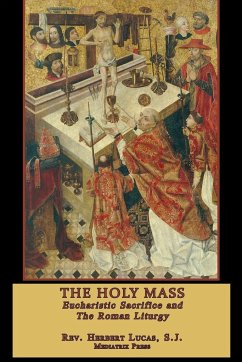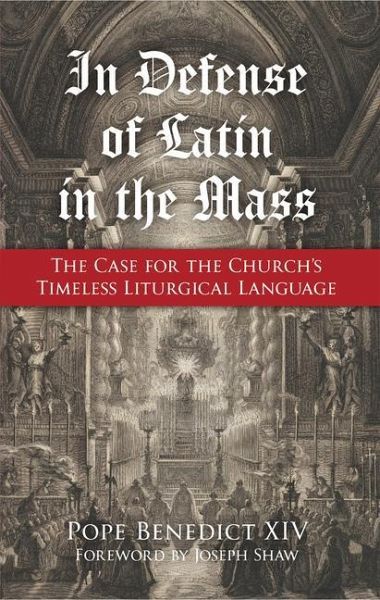
In Defense of Latin in the Mass
The Case for the Church's Timeless Liturgical Language

PAYBACK Punkte
5 °P sammeln!
For centuries, the use of Latin in the liturgy has been under attack. In these pages, Pope Benedict XIV (1675-1758) offers a convincing defense for the use of Latin as the normative liturgical language in the Mass of the Roman Catholic Church. Although the attacks over the use of Latin in Pope Benedict XIV's time stemmed primarily from the Protestant schism, the objections today are very similar. With charity and reason, the Holy Father seeks to bring clarity to this most important topic by relying on tradition and Church history. An accomplished canonist and scholar, Pope Benedict XIV was per...
For centuries, the use of Latin in the liturgy has been under attack. In these pages, Pope Benedict XIV (1675-1758) offers a convincing defense for the use of Latin as the normative liturgical language in the Mass of the Roman Catholic Church. Although the attacks over the use of Latin in Pope Benedict XIV's time stemmed primarily from the Protestant schism, the objections today are very similar. With charity and reason, the Holy Father seeks to bring clarity to this most important topic by relying on tradition and Church history. An accomplished canonist and scholar, Pope Benedict XIV was perhaps the most prolific author of any of the Roman pontiffs. In this short work, which also includes an Essay on the use of Latin in the Mass by Hierotheus Confluentinus, the provincial of the German Capuchins (1682-1766), one will find a hidden treasure beckoning the soul to defend our sacred patrimony with even greater fervor: the use of Latin in the liturgy.




